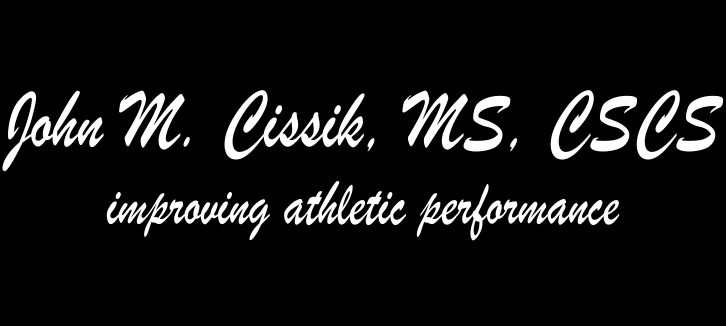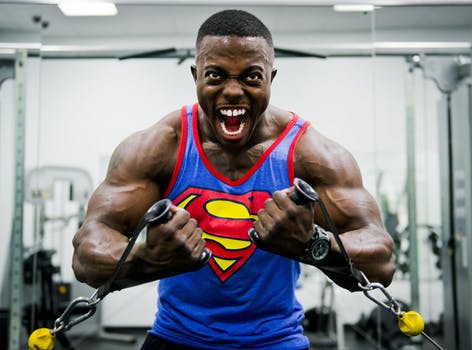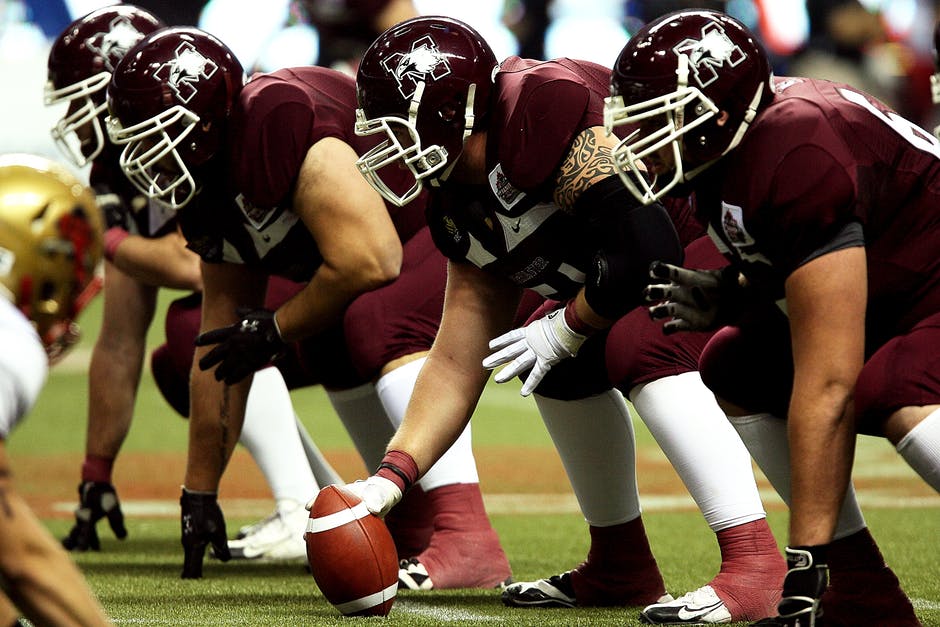In a previous post ( http://wp.me/p1XfMm-c4), we discussed an athlete’s strength and conditioning career as something that moves through several phases. First the athlete builds their physical and motor skill foundation. Then, as the athlete progresses and becomes more specialized they apply that foundation to the needs of the sport. Finally, the athlete may become so qualified that their training has become mostly sport-specific. The last post discussed the first phase. This post is going to cover an athlete that has been training for a while and is now ready to begin applying strength and conditioning more tot eh sport.
First, keep in mind that the foundational training described in the last post is still important. In fact, it forms the backbone of training. A portion of the training year is devoted exclusively to this training and it is still present in year-round training. Classic periodization models call this the general preparation phase of training, but it can be considered developing a fitness and motor skill foundation. It involves mastering fundamental exercises and movements and preparing the body for the training that is coming.
| Strength Training | Speed Training | Power Training | Agility Training |
| SquatsHip extension exercisesPresses
Rows |
StartsTechnique drills (ankling, heel to hip, high knee, A drills)Sprints developing acceleration and maximum velocity | Power variations of the clean, snatch, and jerkSingle-effort vertical and horizontal jumps | StoppingCuttingShuffling
Back Pedaling Running Curves |
As you can see from the table, the strength training develops multiple joints but is not anything fancy at this stage. Speed training is working on technique. Power training focuses on both the beginning variations of the Olympic lifts as well as single-effort jumps (which reinforce how to move explosively as well as how to land safely). Finally, agility training is focused on a handful of motor skills that can be applied to many sports.
The table below shows a pretty expanded list of exercises, particularly with regards to training that focuses on eccentric strength, one-legged exercises, speed, agility, and power training. Advanced speed exercises are being used (resisted, assisted, etc.) as well as sport-specific situations to apply and reinforce the speed and agility work.
| Strength Training | Speed and Agility Training | Power Training |
| Back squatsFront squatsSplit squats
Pause squats Eccentric squats Lunges Deadlifts Romanian deadlifts One-legged RDLs Good mornings Bench press Pause/eccentric bench press Incline press Military press Bent-over rows Dumbbell rows |
Falling startsStanding startsCrouching starts
Ankling Heel to Hip High knees A drills Bounds 5-60 meter sprints Resisted sprints Assisted sprints Stride length drills Stride frequency drills Sport-specific speed/agility drills
|
Power clean/snatchSplit clean/snatchClean/snatch pulls
Push jerk Power jerk Split jerk Vertical jump Squat jump Tuck jump Jump onto box Standing long jump Jump over box Hurdle hops Jumps performed off one foot, land on two Medicine ball throws |
As I mentioned in the last post, I try to organize training by physical quality or by energy system. For example, if today is a maximal strength day then we are training the phosphagen energy system and are requiring the body to put together brief, all-out efforts. This kind of training links up very well with acceleration work on the track, which trains the same qualities and energy systems.
Now, what’s different between this level of athlete and a much younger athlete is that a coach has to factor practices into the equation.
The table below presents an example of a week of workouts that incorporates the above ideas. This is an early off-season workout for a basketball player. At this point, the athlete probably isn’t in organized team practices.
The strength training is pretty straightforward. Monday is a total body, maximal strength focused day. This training will get heavier as the year progresses. Tuesday is a day focused on power development. Thursday and Friday are days focused around hypertrophy training.
Because Monday is a maximal, brief effort in the weight room, acceleration work is emphasized with regards to the speed training. In addition, short distance sport-specific speed/agility work is being performed. On Thursday, since the weight training is focused on higher volumes it is linked up with maximal velocity speed training and longer sport-specific speed/agility drills.
Tuesday is focused on power development, so this is the day for the plyometrics.
Conditioning is performed on Wednesday (day off from everything else) and on Friday. This is an important quality for a basketball player, but this is also being viewed as recovery workouts.
Finally, we hope that a basketball player is keeping up with their skills. Ball handling drills, which are both stationary and involve movement, align very well the emphasis in other areas of Monday and Thursday. Shooting drills, which are pretty stationary (except rebounding the ball to make another shot), align pretty well with the power training on Tuesday and the upper body work on Friday.
It’s recognized that this post represents an ideal situation, and most of us don’t work in that, but hopefully it provides some food for thought both in terms of how our exercise menu expands as an athlete progresses in level as well as how things can be linked up depending upon a program’s philosophy.
| Monday | Tuesday | Wednesday | Thursday | Friday | |
| Strength | Back squats, 3×6-10×70-80%Romanian deadlifts, 3×6-10Bench press, 3×6-10×70-80%
Bent-over rows, 3×6-10 Military press, 3×6-10 |
Power clean, hang, above the knee, 3x6x60%Clean pulls, hang, above the knee, 3x6x60%Push jerk, 3x6x60% | Off | Front squats, 3×12-15×60-70%Deadlifts, 3×6-10×60-70%Good mornings, 3×12-15 | Incline press, 3×12-15×60-70%One-arm dumbbell rows, 3×12-15 each armDumbbell military press, 3×12-15 |
| Speed/Agility | Technique drills5x10 meter sprintsTriple threat position, jab step, crossover, drive to basket, 5x
Ball handling cone drills, 5-10x |
Off | Technique drills5x40 meter sprintsRebound, fast break to basket, 5x
V cuts, penetrate to basket, 5x
|
||
| Power | Vertical jump, 10xBox jumps, 10xStanding long jump, 10x
Hurdle hops, 3×10 meters |
Off | |||
| Conditioning | Kettlebell, core, heavy rope circuit, 20-30 minutes | Kettlebell, core, heavy rope circuit, 20-30 minutes | |||
| Sport | Ball handling drills, 30-60 minutes | Shooting drills, 30-60 minutes | Ball handling drills, 30-60 minutes | Shooting drills, 30-60 minutes |



